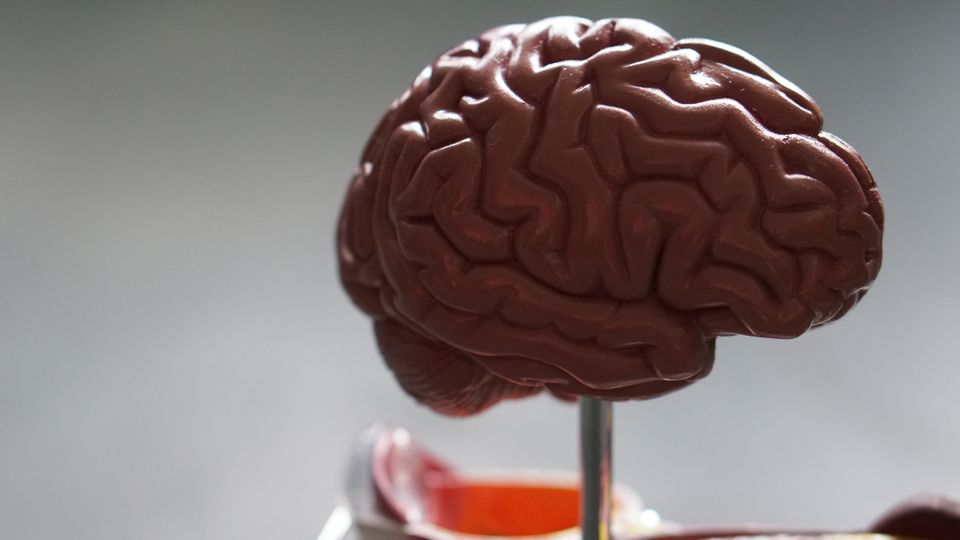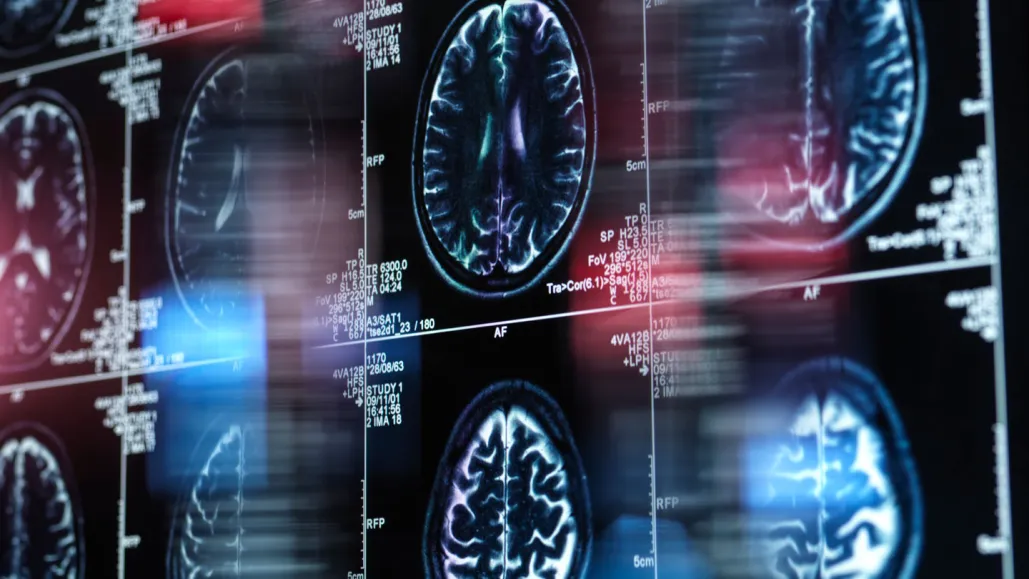A recent study highlights that the rise in brain protein levels observed with new Alzheimer’s medications may explain the slowing of cognitive decline as effectively as the reduction in amyloid plaques.
The research, led by University of Cincinnati’s Dr. Alberto Espay, challenges the widely accepted idea that monoclonal antibodies reduce cognitive decline in Alzheimer’s patients by clearing amyloid plaques from the brain.
Instead, Espay’s team discovered that an unintended rise in a critical brain protein correlates just as strongly with cognitive improvements.
For decades, the dominant theory in Alzheimer’s research has been that amyloid-beta 42 (Aβ42), a protein composed of 42 amino acids, hardens into clumps known as amyloid plaques, which in turn damage the brain and lead to Alzheimer’s disease.
However, Espay and his colleagues have proposed an alternative hypothesis: that normal, soluble Aβ42 plays an essential role in neuron health, and it is the loss of this protein—rather than plaque buildup—that drives the onset of Alzheimer’s.
This idea builds on earlier research suggesting that dementia doesn’t occur when plaque levels are high, but rather when Aβ42 levels fall below a critical threshold.
According to Espay’s research, the formation of plaques may represent the brain’s natural defense mechanism in response to biological, metabolic, or infectious stress.
“Most people will develop amyloid plaques in their brains as they age, yet only a small fraction of those individuals will go on to develop dementia,” said Espay, professor of neurology at the UC College of Medicine and director of the James J. and Joan A. Gardner Family Center for Parkinson’s Disease and Movement Disorders at the UC Gardner Neuroscience Institute.
“Despite this, our research and treatment strategies remain heavily focused on amyloid plaques.”
In recent years, several new monoclonal antibody treatments designed to remove amyloid plaques from the brain have been approved after clinical trials showed they helped slow cognitive decline.
Espay and his team observed that these drugs unintentionally increased levels of Aβ42.

“Amyloid plaques don’t cause Alzheimer’s,” Espay explained, “but if the brain produces too much amyloid while trying to defend itself against infections, toxins, or other biological stressors, it can’t maintain sufficient Aβ42 levels. When these levels fall too low, dementia symptoms begin to appear.”
The researchers analyzed data from nearly 26,000 patients across 24 randomized clinical trials of these new antibody treatments, assessing both cognitive impairment and the levels of Aβ42 before and after treatment.
They found that higher post-treatment levels of Aβ42 were independently linked to slower rates of cognitive impairment and clinical decline.
“Every story has two sides, even the one we’ve told ourselves about anti-amyloid treatments working by reducing amyloid,” Espay said. “In reality, these treatments also raise Aβ42 levels.
Even though this increase may be unintentional, it could explain the benefits seen in some patients. Our study shows that we can predict changes in cognitive outcomes in anti-amyloid trials just as well by the increases in Aβ42 as by the decreases in amyloid plaques.”
Espay noted that these findings align with his broader hypothesis about Alzheimer’s: increasing Aβ42 levels appears to help improve cognitive function.
“If the issue in Alzheimer’s is the loss of this normal protein, then restoring it should be beneficial, and our study confirms that this is the case,” he said. “The story makes sense: raising Aβ42 levels to within the normal range is a positive outcome.”
However, Espay cautioned that these results pose a dilemma for clinicians. While boosting Aβ42 levels appears helpful, removing amyloid plaques could be harmful, potentially leading to faster brain shrinkage following antibody treatment.
“Do we really want to use treatments that increase protein levels by lowering amyloid?” Espay asked. “I don’t think the end—raising Aβ42—justifies the means of reducing amyloid.”
Espay and his team are now focused on developing therapies that directly increase Aβ42 levels without targeting amyloid plaques.
